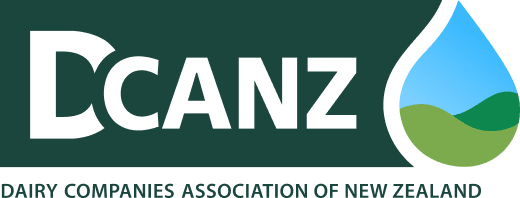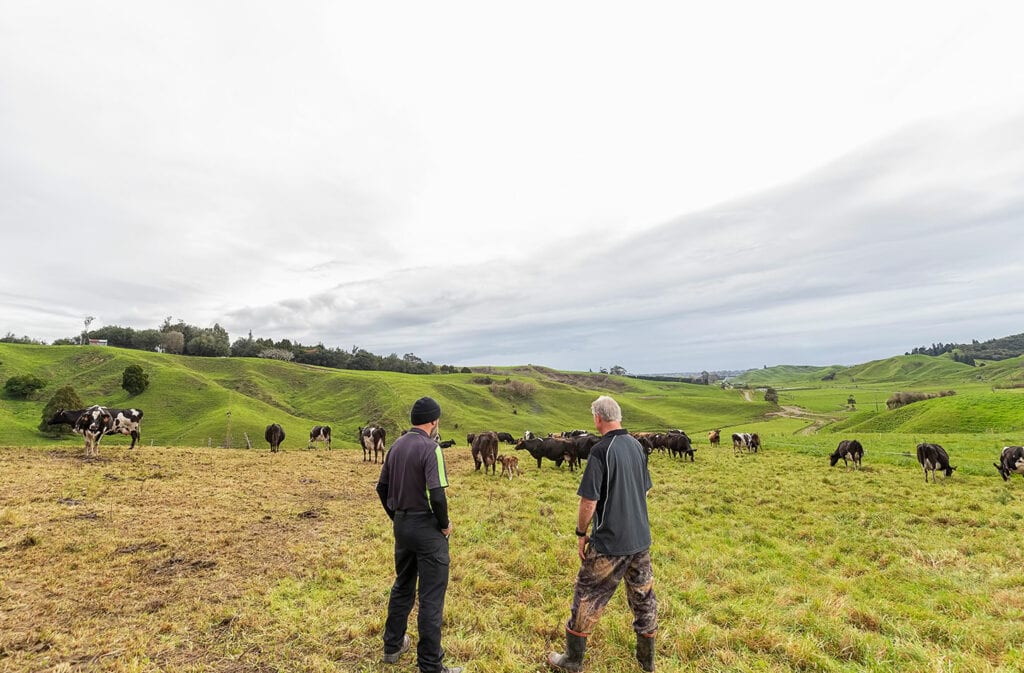The Dairy Companies Association of New Zealand (DCANZ) has welcomed the news that WTO Trade Ministers have agreed to end the use of export subsidies.
“This is a great achievement, something successive governments and generations of New Zealand trade negotiators have fought long and hard to achieve, and a great way for Minister McClay to kick off his new role” said DCANZ Chairman, Malcolm Bailey.
Export subsidies have been one of the New Zealand’s dairy industries most feared trade distortions, and a key priority for DCANZ in the Doha WTO negotiations. They are a mechanism to maintain price levels for farmers in highly protected and subsidised markets but have the effect of supressing world market prices at significant harm to non-subsidised producers and exporters from New Zealand and other geographies.
The WTO Trade Ministers have set 2020 as an end date for export subsidy use by developed countries and 2022/3 as the end date for key developing countries.
“The elimination dates cannot come soon enough” says Bailey. “When the EU stopped their regular use of dairy export subsidies, we saw a step change in long-term dairy market returns. They are literally something that can knock a dollar off pay-out overnight. It will be a relief to have this threat to New Zealand dairy incomes completely removed”.
DCANZ acknowledges the long-term leadership role that New Zealand officials have taken in WTO Doha Round agricultural negotiations. The current Chairman of the agriculture negotiations, Ambassador Vangelis Vatalis, is the 5th New Zealand Ambassador to Geneva to Chair these negotiations.

